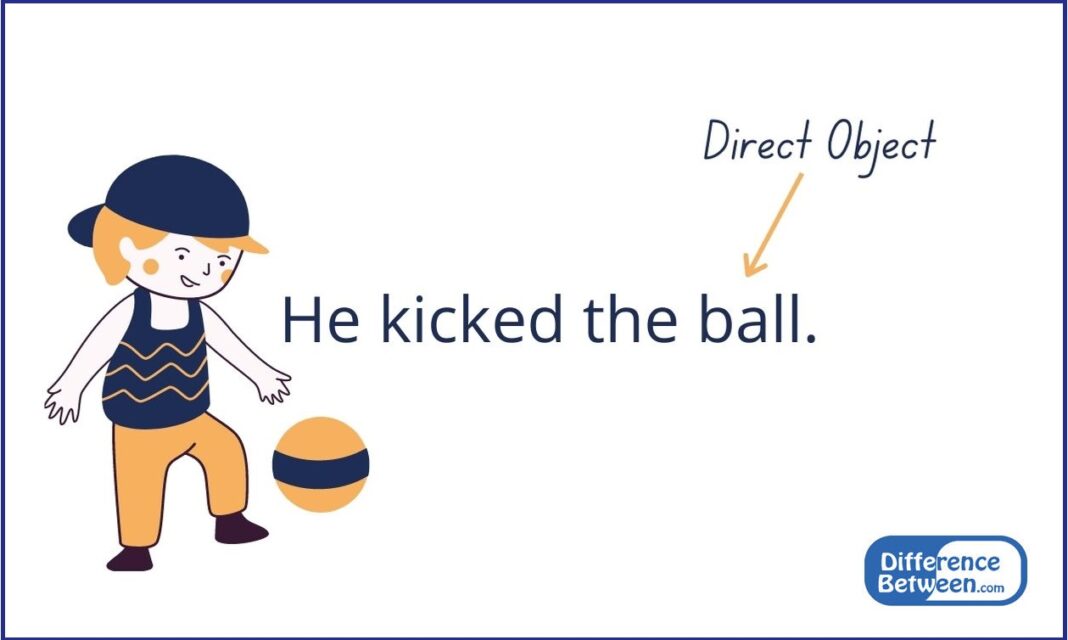The main distinction between predicate nominative and direct object lies in their function. Predicate nominative makes the subject and the word (or words) after the given verb in a sentence equal, while direct object makes the word (or words) after the given verb the receiver of the action performed by the subject. Predicate nominative and direct object occur in different types of sentences, with direct objects appearing in sentences with action verbs and predicate nominatives occurring in sentences with linking verbs.
Key Takeaways
- A predicate nominative gives further information, renames the subject, and completes a linking verb.
- A direct object is the receiver of the action of a transitive verb and follows an action verb.
- Predicate nominative occurs in sentences with linking verbs, while direct object occurs in sentences with action verbs.
What is a Predicate Nominative?
A predicate nominative, also known as a predicate noun, follows a linking verb. Linking verbs connect the predicate with the subject of the sentence without providing any action. These verbs identify the subject and only further describe it. Examples of linking verbs include am, is, are, was, were, be, seems, and feels. A predicate nominative completes a linking verb and renames the subject, providing more details about the subject of a sentence. If the positions of the predicate nominative and the subject are switched, the sentence should still be meaningful. Generally, a predicate nominative is equal to the subject in a given sentence.
What is a Direct Object?
A direct object is a word or phrase that represents the receiver of the action of a verb. It makes the word or the words after the verb the recipient of the action caused by the subject. In this case, the verb used is always an action verb. To find the direct object, you can ask the questions “whom” or “what.” Direct objects receive the action of the given verb.
What is the Difference Between Predicate Nominative and Direct Object?
The key difference between predicate nominative and direct object is that predicate nominative provides additional information, renames the subject, and completes a linking verb, while direct object is the receiver of the action of a transitive verb. Consequently, predicate nominative makes the subject and word or words after the verb equal, while direct object makes the word or words after the given verb the recipient of the action caused by the subject.
Summary – Predicate Nominative vs Direct Object
Predicate nominative follows a linking verb and renames the subject of the sentence. Subject complements can be nouns, pronouns, or adjectives. Direct object, on the other hand, follows an action verb and answers the question “Whom?” or “What?” It is always a noun or a pronoun. Thus, this is the key difference between predicate nominative and direct object.
